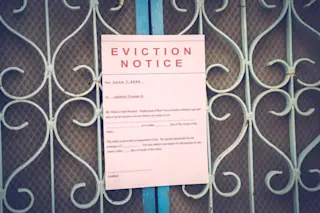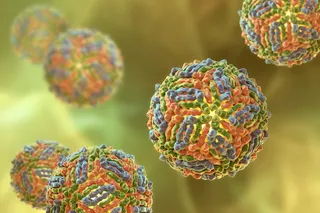The COVID-19 pandemic — and the job losses and halted eviction bans it came with — have made homelessness and housing instability a reality for more people than before. And when someone finds themselves in precarious living conditions, their personal health can take a heavy hit.
Amongst other issues, people experiencing homelessness are 40 to 50 percent more likely to die of cardiovascular disease. They're also more likely to die of cancers, while evictions can increase the risk of contracting sexually transmitted infections. And as health issues arise, they can further perpetuate housing struggles, too. “Housing insecurity leads to poor health, which leads to housing insecurity,” says Katheryn Leifheit, a social epidemiologist at the University of California, Los Angeles. The cycle can be challenging to break.
While about 550,000 people experience homelessness each night in the U.S., over eight million households were behind on rent in 2020 — meaning at ...














